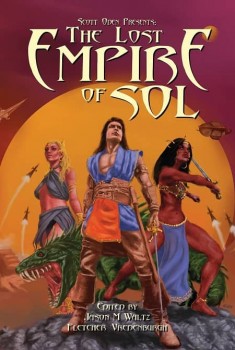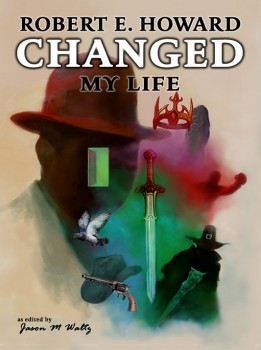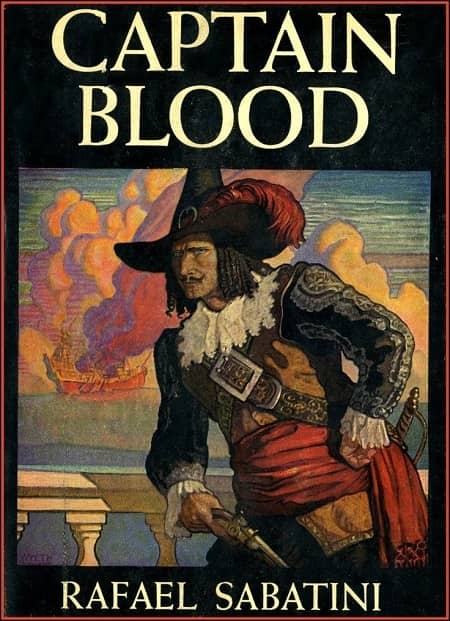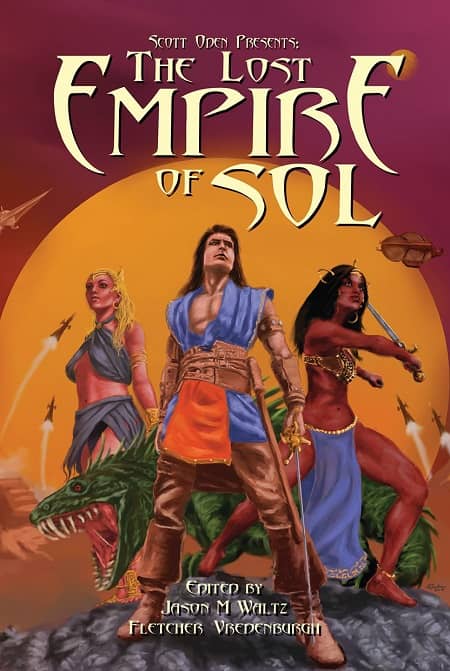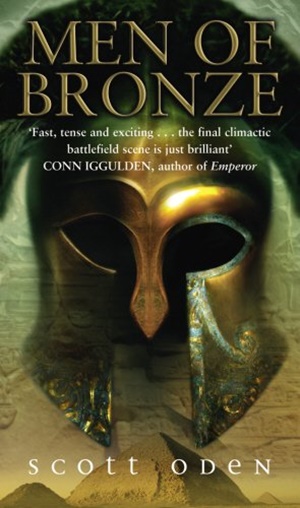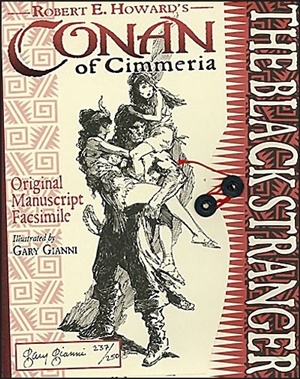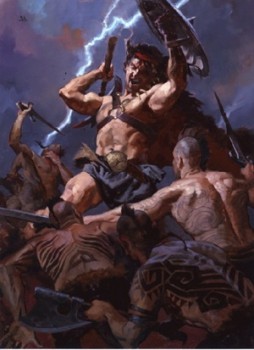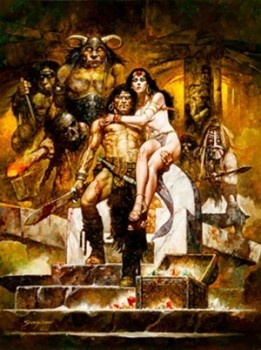Neverwhens, Where History and Fantasy Collide: Of Orks and Orkney
 |
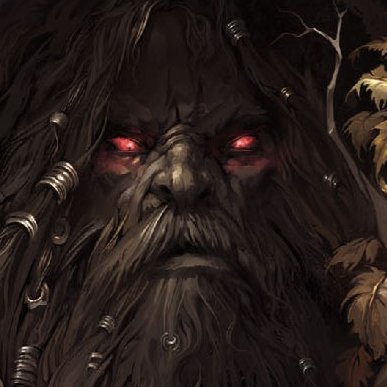 |
One of these men is an author, the other is Odin…there’s more commonality than you might think.
Scott Oden is an American writer best known for his historical novels set in Ancient Egypt and Ancient Greece, and historical fantasy. Oden’s breakthrough novel was 2005’s Men of Bronze, set in late Pharonic Egypt; it was followed in 2006 by Memnon and in 2010 with The Lion of Cairo, which mixed pulp-style action and sorcery with Crusader politics in Fatimid Egypt. His most recent novels are the opening volumes of the saga of Grimnir, the last orc, following a quest for revenge across the centuries, from Brian Boru’s Ireland in the 11th century to 14th century Messina in the forthcoming third and final volume. Considering how much his areas of interest and writing overlap with Christian Cameron, whom I interviewed last month, it was fascinating to see how much the two authors methods of world building do, and don’t, overlap.
GM: So you’ve written both historical fiction and fantasy. Which genre was your first love?
SO: Definitely fantasy. The Hobbit was my gateway text, back when I was 8 or 9 years old, and I quickly followed that with The Lord of the Rings, Robert E. Howard’s Conan (the Ace editions), and eventually Moorcock’s Elric and Karl Wagner’s Kane. I liked some historical fiction as a kid, mainly the fictionalized biographies of Harold Lamb — especially Alexander of Macedon… what kid wouldn’t marvel to the feats of Alexander, as described by Lamb? I was — and remain — a huge aficionado of Greek, Roman, Egyptian, and Norse myth. I had this little pocket-sized encyclopedia from Scholastic called Gods, Demigods, and Demons by Bernard Evslin. I still have that battered old copy . . . [GM: So do I!!!]
